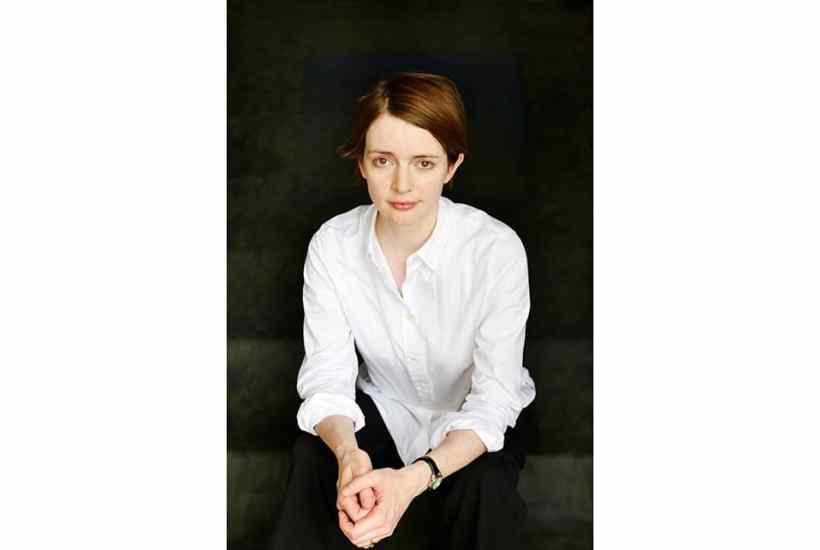It’s a bold writer who confronts a major historical moment such as a pandemic before it’s over, but Emily St. John Mandel has a claim to fictionalised outbreaks. Her 2014 novel Station Eleven presciently envisioned a devastating flu. That book was televised by HBO and became a major hit, and this latest touches on the same ground. As J.G. Ballard proved, revisiting a subject – as a painter might – can be a fertile approach in speculative fiction.
Sea of Tranquilityinitially adopts a time-leaping structure reminiscent of David Mitchell’s Cloud Atlas (which itself sprang from Italo Calvino’s masterpiece If On a Winter’s Night a Traveller). In 1912, we meet a young English aristocrat exiled to Canada for his radical views. In 2020 – just before the Covid-19 pandemic – an American woman seeks word of a lost friend. Next comes 2203, and a book tour of Earth by a moon-dwelling writer called Olive. Each of these characters encounters, directly or less so, an apparent glitch in the fabric of time.
There are a few minor flecks on the surface. The English colonists in Canada – easy targets – are rather caricatured, and though future Chinese ascendency rings depressingly true, an apparently benevolent female Chinese president seems jarringly unlikely. But these moments don’t spoil the narrative pull. Mandel writes in cool, clear prose, and we urgently want to know the fate of these characters.
The book tour moments – the dread signs of an emergent virus, the pain of separation from family – beat with the pulse of experience. Mandel conjures a power in this shortish novel that might take a lesser writer many more pages to achieve. The second half cleverly subverts the Cloud Atlas structure. We meet a disaffected hotel detective, also from a lunar colony (and named for one of Olive’s characters) who’s recruited by a shadowy institution to travel back in time. In this way, we revisit the initial characters and find out what happened to them – and what could have. At this stage, the novel’s chief concern becomes the re-energised idea that we’re living in a simulation.
This philosophical exploration is wedded to an entirely gripping third act. The puzzle falls into place perfectly, ending in an open, thoughtful way that’s entirely satisfying. This is a compulsive novel of ideas from a writer apparently brimming with them.
Got something to add? Join the discussion and comment below.
Get 10 issues for just $10
Subscribe to The Spectator Australia today for the next 10 magazine issues, plus full online access, for just $10.
You might disagree with half of it, but you’ll enjoy reading all of it. Try your first month for free, then just $2 a week for the remainder of your first year.














Comments
Don't miss out
Join the conversation with other Spectator Australia readers. Subscribe to leave a comment.
SUBSCRIBEAlready a subscriber? Log in